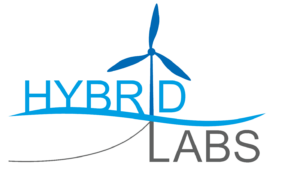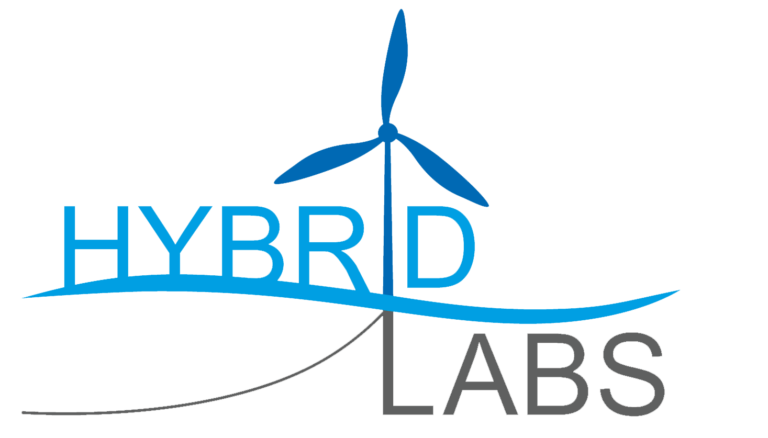
The energy sector is going through a fundamental transformation, shifting focus from fossil fuels to renewables in response to rising climate concerns. Despite extensive research on technological and policy aspects of sustainability transitions, the employee perspective remains underexplored. We know little about attracting, integrating, and retaining the highly sought-after qualified employees. With the evolving sector, the employees’ (prospective) work environment is subject to change. We address this gap by investigating how different dimensions of person-environment fit shape employee attraction, integration, and retention in the renewable energy context. We examine three key types of fit: needs-supplies fit (how well organizational offerings align with employee expectations), value (in)congruence (the match between personal and organizational sustainability values), and demands-abilities fit (the alignment between job requirements and employee abilities). With three interrelated studies, the project explores (1) the determinants of job preferences among potential employees, (2) how new entrant employees respond to value (in)congruences, and (3) the impact of AI and automation technologies on employees’ perceptions of fit in offshore operations. This PhD project aims to provide actionable insights to support workforce transition in the energy sector and contribute to organizational behavior literature.
Outcomes: Outcome 5. Industry fully develops our contributions to food transition, new jobs, and biodiversity enhancement and brings them to market.
Implementation (WP4)
Contact: d.turgut@tue.nl



Accelerating innovations in offshore renewables through data-driven hybrid labs.
@2025 HybridLabs